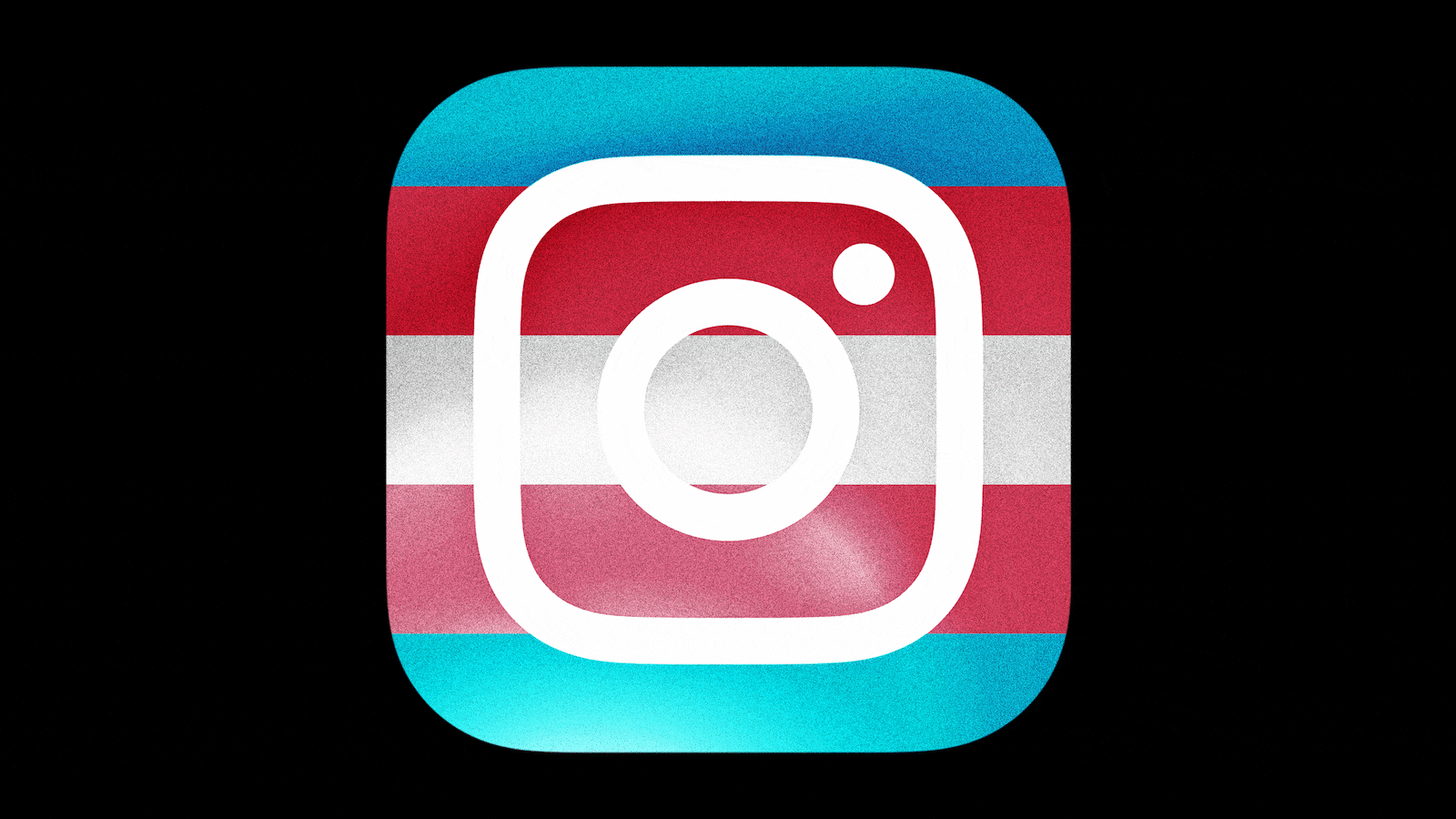The pictures showed two transgender women smiling in the sunlight; a black, plus-sized Instagram star grinning from a magazine cover; a disabled model posing with a phone; an intersex activist laying in a wreath of paper hearts.
All were advertisements for Salty, a digital sex and dating publication that centers women, transgender, and nonbinary people—particularly people of color, plus-size models, and other bodies usually beyond the margins of mainstream feminist magazines. But according to Instagram, the images were actually advertisements for escort services and had no place on the platform.
Over the last six weeks, Instagram has rejected Salty’s ads over and over again. Instagram finally overturned its decisions on Wednesday night, but only after Salty spoke out on Twitter and drew attention to the situation. Salty’s founder believes the incident speaks to a broader technological bias against women, the LGBTQ community, and people of color.
“I started trying to advertise four to six weeks ago,” Claire F., Salty’s founder told The Daily Beast. “I posted one and it was rejected on the grounds of promoting escorting. I was like, ‘that’s trash.’ But at Salty we’re very used to having to navigate all these roadblocks.”
Instagram’s system flagged Salty’s ads automatically, deciding that they promoted escort services without any apparent human oversight. An Instagram spokesperson who spoke with The Daily Beast described the rejections.
“Every week, we review thousands of ads,” the spokesperson said, “and at times we make mistakes. We made mistakes here, and we apologize to Salty. We have reinstated the ads, and will continue to investigate this case to prevent it from happening again.”
The rejections were the result of a cascading series of strikes against Salty. Instagram is owned by Facebook, where Salty was erroneously flagged as being in violation of a sexual solicitation policy, the spokesperson said.
That flag was algorithmic, the spokesperson added. Facebook uses artificial intelligence to report pages it suspects might be breaking its rules against sex work, which forbid “content [that] facilitates, encourages or coordinates sexual encounters between adults.”
Since launching last year, Salty has repeatedly found itself at odds with social media platforms. One of the digital publication’s magazine-style covers featuring plus-sized model Amber Wagner was removed from Instagram without explanation, and was only reinstated after other media outlets commented on the deletion, Claire said.
Salty also had trouble finding a company willing to host its newsletter, which it relies on to connect to readers in a digital-only environment. Mailchimp banned Salty right away. Another newsletter service, Constant Contact, gave Salty a list of edits they needed to make to its content before sending it out to readers.
In one battle that tested Instagram’s rules against pictures of women’s nipples, Salty promoted a topless cover shoot with non-binary model Rain Dove. Instagram initially removed the picture, but eventually reinstated it after a viral social media campaign noted that Dove is not a woman.
Claire argues that Playboy and other publications featuring models and sex tips with a mainstream aesthetic don’t face the same barriers.
“You don’t see these images on Playboy’s Instagram, or so many other accounts that feature skinny, cis, white women,” she said. “They get away with all kinds of stuff. But it’s such a nightmare for us to navigate.”
The trouble, she said, comes when social media platforms automatically interpret women of color and transgender people as inherently less appropriate.
“This is an example of this phenomenon,” she said. “It shows an implicit bias in the algorithm that detects the digital world we’re living in here.”
Salty and Instagram plan to meet to discuss the advertising bans, both parties told The Daily Beast. Claire said she hopes the conversation will be a chance to change the way the platform looks at the groups Salty spotlights.
“The silencing of women, the silencing of people of color, the silencing of trans and plus-sized bodies has been happening throughout history, but it’s just been updated for the digital world, because the digital world is being crafted by white men, primary cis, straight men,” she said.
“Anybody’s presence that doesn’t fit into the code or doesn’t benefit them gets omitted, not necessarily intentionally, but through their own bias. It’s really important that we keep fighting to be seen and not be written out of the code.”






